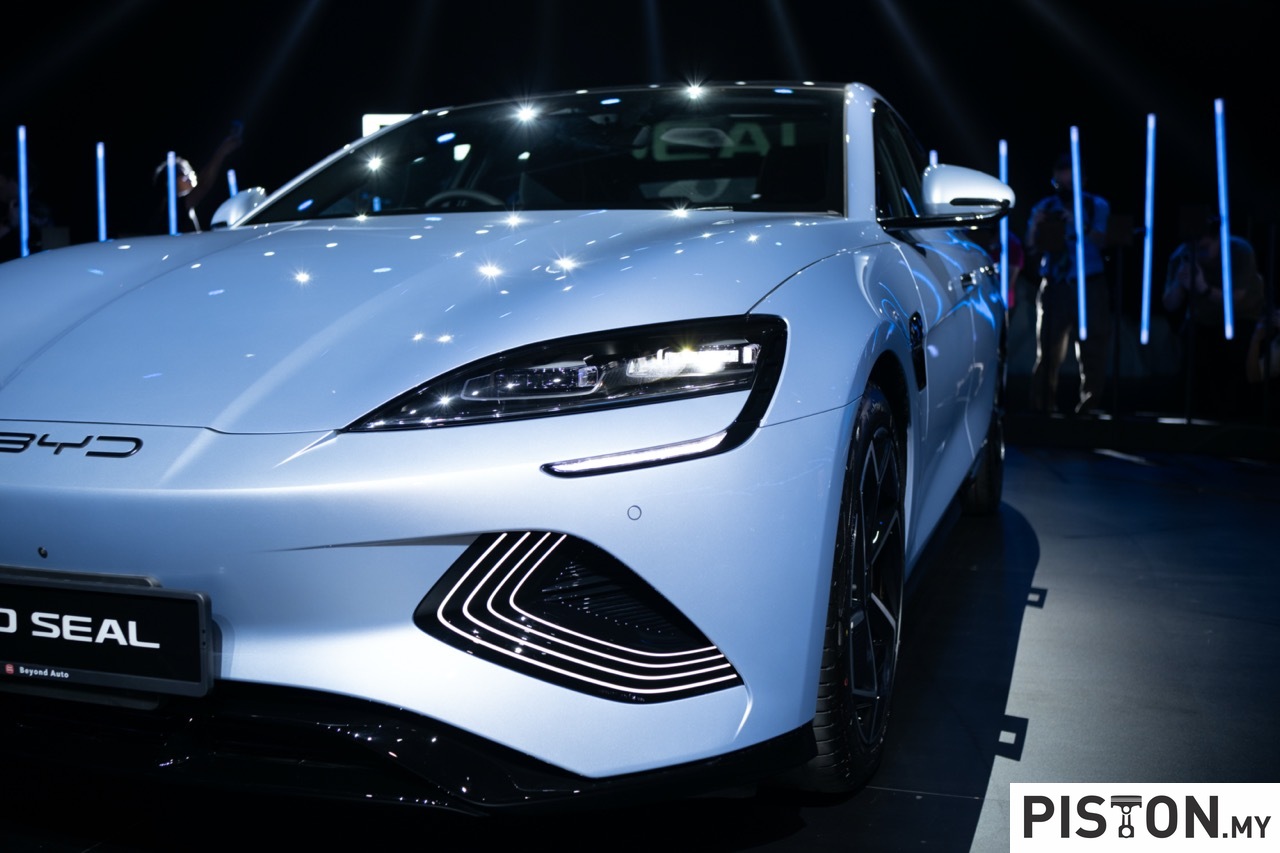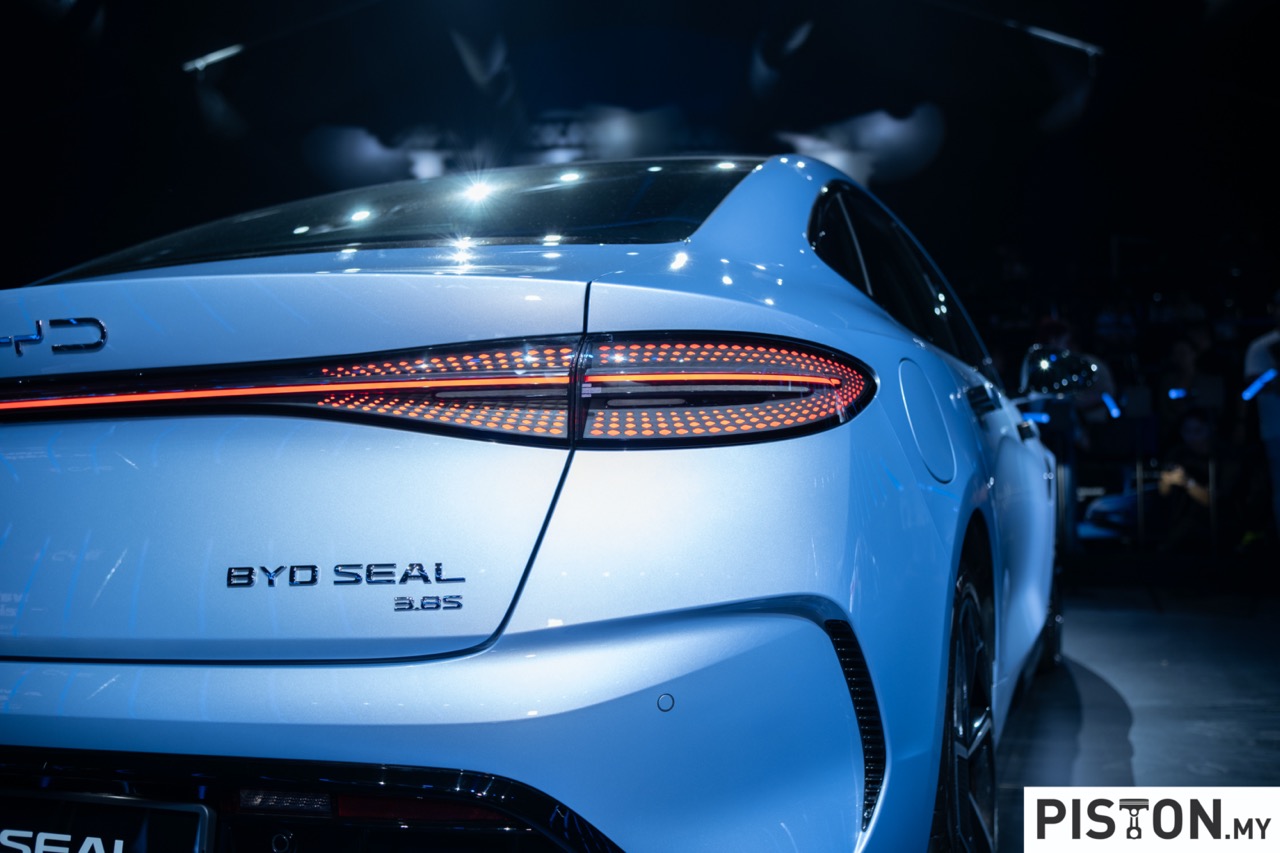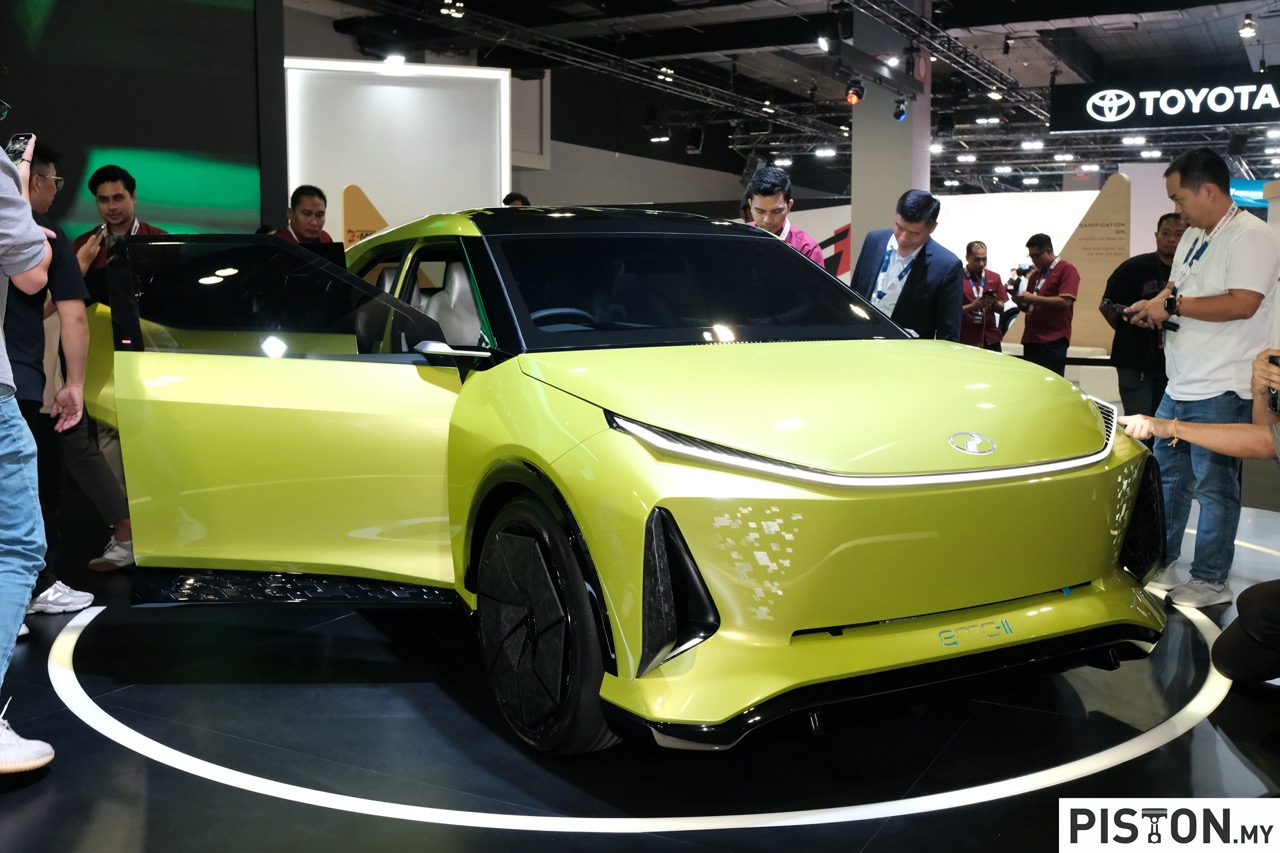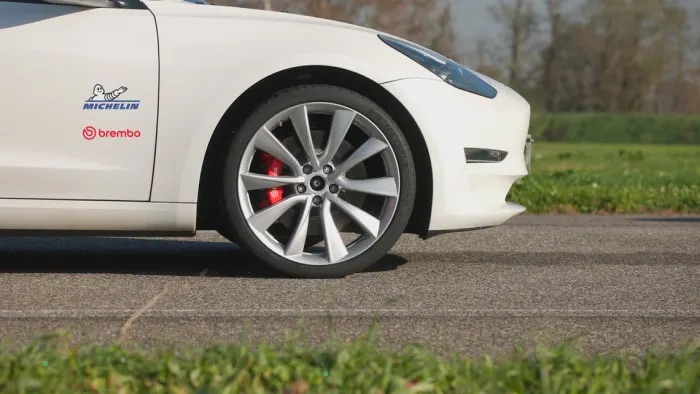The recent developments in Mexico regarding its relationship with Chinese automakers underscore the complex dynamics at play in the global automotive industry and the shifting landscape of international trade.
With pressure from the United States, Mexico has put meetings with Chinese carmakers on hold, reflecting concerns about potential circumvention of tariffs and the implications for North American EV production under the United States-Mexico-Canada Agreement (USMCA). This move highlights the growing influence of geopolitical considerations on trade policies and industry dynamics.
The Biden administration’s stance against allowing Chinese automakers to flood the market with vehicles perceived as a threat to national security aligns with broader efforts to protect domestic industries and strategic interests. As Mexico navigates these pressures, it faces the challenge of balancing its economic relationships with the US and China while safeguarding its own interests and maintaining its position within the global automotive supply chain.
Chinese automakers’ investments in Mexico signal their intent to establish a foothold in North America, leveraging the country’s proximity to the US market and its significance as a manufacturing hub for the automotive industry. The influx of Chinese brands into the Mexican market reflects changing consumer preferences and competitive dynamics, posing challenges for established automakers.
While Chinese automakers face obstacles in accessing the US market directly, partnerships and production agreements could offer alternative pathways for entry. Collaboration with established players, such as supplying EV components or batteries, presents opportunities for Chinese companies to participate in the North American market while mitigating tariff risks.
The evolving automotive landscape underscores the need for strategic alignment between government policies, industry initiatives, and international trade agreements. As the USMCA faces potential revisions in the future, Mexico confronts the prospect of balancing competing interests and navigating the complexities of global trade dynamics in the automotive sector.
























